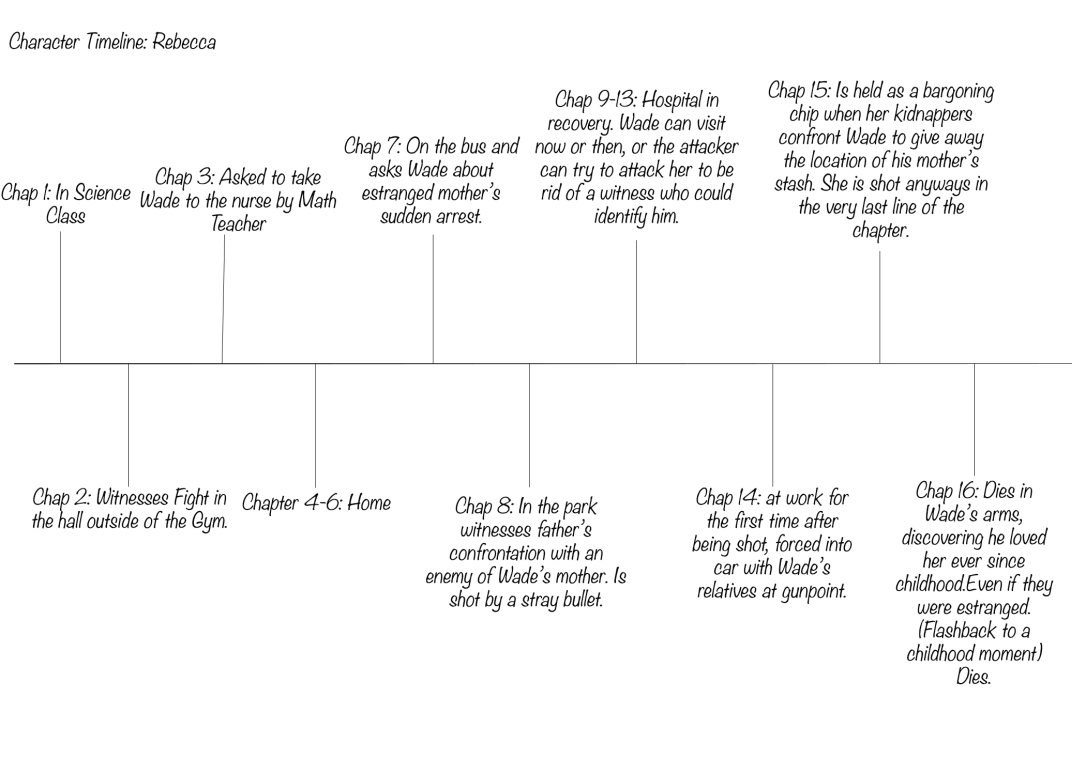
One of the most important parts of publishing a book is choosing where your book truly belongs.
Why should you decide on your genre? Well, if you are trying to convince someone to read your book, they would like to know what to expect out of it. Your readers don’t owe you their attention, so promising a certain type of story will get those people excited for your work.
There are many pros to choosing a genre. If you want to take your work to a literary agent or professional publisher, they will be more inclined to reading and using your writing if they know what genre it is classified under- unless you want your manuscript to end up in the dreaded slush pile. Genres set rules to help you form the book based on what your readership could expect and want from you. If you want to sell a lot of books, you must write what the readers want 98% of the time.
The cons of choosing a genre: Yes, it does have negative aspects. Genres can make your book limited in how your story can develop. To figure this one out, try looking for book series that is somewhat similar to yours, what are they categorized as? Another negative aspect when it comes to getting published by professional companies is that they will often require you to produce many books in the same genre so you have a brand with your name (or pen name). Authors sometimes have two pen names when writing for two different genres for this very reason. So, perhaps come up with a second name to write under.
My tips are:
1) Know Your Genre
If you don’t understand the limits of a genre or what readers would expect from a book within it, then I suggest you do a little studying. Read whatever you can get your hands on. I am not saying that you need to read every book known to man within the genre, but read enough so that you feel comfortable in making something fans of that genre will like.
2) Decide Why You Want To Write
Are you motivated by the idea of making large amounts of money with your writing? I am not here to tell you this is the wrong motivation, because some people do it mostly for the money. In this area self help books are huge along with romances that cater to a specific group of readers and will sell decently. Scholarly books, such as text books, might require certain qualifications for people to recognize it as quality material, but the market is there for it as well.
Another goal for some writers is the fame. This is the goal I would strongly advise you to re-evaluate. Fame is not for everyone and it is REALLY hard to achieve with countless hours of hard work and dedication under your belt (and you still might not even make it). Not everyone will want to read what you write. And if you are only focused on becoming famous, you aren’t paying enough attention to what really matters- you’re writing.
The third and last reason why someone would publish a book is because they enjoy it. This is the greatest reason a person can have to write their stories. You can write what you want and have a greater freedom, stressing less about what readers will want and focus on what you want. With this dream in mind, you don’t really care if it doesn’t sell well, just as long as you find that one person who would really love your story as much as you.
3) Don’t Falsely Advertise Your Book
It’s just not worth it. If you advertise a romance as an action adventure, the action adventure people will find it, read it, and hate it (more than likely). These readers will take to the internet and post lengthy “too much kissing”, one-star reviews. It is best to know your book’s true genre instead of angering the people you have done all this hard work for.
4) Learn Where and How to Effectively Market Your Book
This is a no brainer. You will want to advertise your book where your target audience would see it. So more than likely a sci-fi thriller might not be appealing to advertise on websites aimed at lawn and garden enthusiasts. Learn marketing skills even if you have a publisher. It will make you seem like you really know what you are doing and more capable to achieve greater sales for both you and the publisher.
So please make sure you are letting people know what they are getting into the moment they first encounter your book, whether it be at the local bookstore or while browsing the kindle store. The reader doesn’t owe you their attention. You must grab their attention by the hand and pull them in and keep them there by giving them an idea on what your story contains.
Keep Writing! Keep Reading! Keep Growing!




 Many of us try to mimic the authors who inspire us in style, story ideas, and characters. But do we know their entire process of creating the worlds and stories we love? Though I encourage you to find your own routine and process of creating your work, here are classic authors and their own methods in creating literature.
Many of us try to mimic the authors who inspire us in style, story ideas, and characters. But do we know their entire process of creating the worlds and stories we love? Though I encourage you to find your own routine and process of creating your work, here are classic authors and their own methods in creating literature. “So we beat on, boats against the current, borne back ceaselessly into the past.” – “The Great Gatsby” by F. Scott Fitzgerald
“So we beat on, boats against the current, borne back ceaselessly into the past.” – “The Great Gatsby” by F. Scott Fitzgerald



